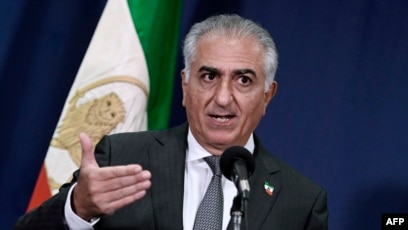Following the recent conclusion of the 13-day conflict, the Iranian opposition finds itself at a crossroads. Despite their hopes, the outcome did not lead to the anticipated overthrow of the current regime within the Islamic Republic. It was widely speculated that opposition forces were relying on this upheaval to instigate substantial political change.
As a succession of IRGC generals fell victim to targeted strikes, speculation swirled—including in Israel—that these maneuvers aimed to destabilize Ayatollah Khamenei’s hold on power. This was underscored by the reemergence of Prince Reza Pahlavi, advocating for revolutionary action.
However, the strategy misjudged the Iranian populace’s response. The chosen tactics and end goals alienated many Iranians, especially as civilian casualties, including those of women and children, accrued. Instead of fostering unrest, these events have galvanized support for the current administration.
Consequently, the Islamic Republic’s leadership has not only maintained its grip but appears to have fortified its standing among citizens, despite ongoing domestic challenges. The opposition, meanwhile, appears once again at an impasse, with Reza Pahlavi’s presence diminishing from the forefront of political discourse.
Yet, the dissidents have not ceased their efforts.

Reza Pahlavi
In an article by Iran International—an outlet partially supported by funding from Saudi Arabia and the UK—a narrative of discontent emerged, highlighting that Ayatollah Ali Khamenei was allegedly uninformed about covert negotiations with Israel. This account suggests that the Supreme National Security Council and President Masoud Pezeshkian spearheaded the decision-making process, supposedly accepting a ceasefire proposal from Trump without the ayatollah’s immediate input.
The impetus behind such articles lies in the looming transition of power, a topic long-discussed in Iranian political circles. In light of the opposition’s failure to effectively challenge or destabilize the “ayatollahs’ regime,” these media outlets resort to traditional tactics: undermining the credibility and authority of Iran’s leadership.





